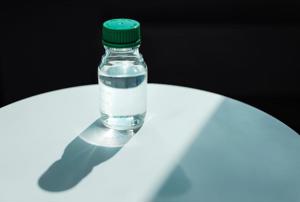Neste to enable PET bottles produced with bio-based materials
Neste has entered a cooperation with Suntory, ENEOS and Mitsubishi Corporation to enable the production of polyethylene terephthalate (PET) resin made with renewable Neste RE on a commercial scale. Neste RE is Neste’s feedstock for polymers production, made 100% from bio-based raw materials such as waste and residues, (e.g., used cooking oil), to replace fossil feedstock in the value chain. Japanese beverage company, Suntory, will utilize the renewable PET resin to produce bottles for its products in 2024.
A new partner for Neste in Japan, ENEOS will use bio-intermediates based on Neste RE to produce bio-PX (Bio-Paraxylene) at its Mizushima Refinery in Okayama, Japan. The bio-PX will then be converted to purified terephthalic acid (PTA) and subsequently to PET resin for Suntory to use to manufacture their PET bottles. Mitsubishi Corporation will be coordinating the collaboration between the value chain partners.
“In order to tackle the imminent climate crisis and its consequences, companies are required to take responsibility now. Through partnering along the value chain, Neste can contribute to reducing the polymers and chemicals industry’s dependence on fossil resources as well as to manufacturing of products that have a lower carbon footprint,” said Lilyana Budyanto, Head of Sustainable Partnerships APAC at Neste Renewable Polymers and Chemicals business unit.
A mass balancing approach will be applied to allocate the bio-based materials to the PET bottles.







Comments